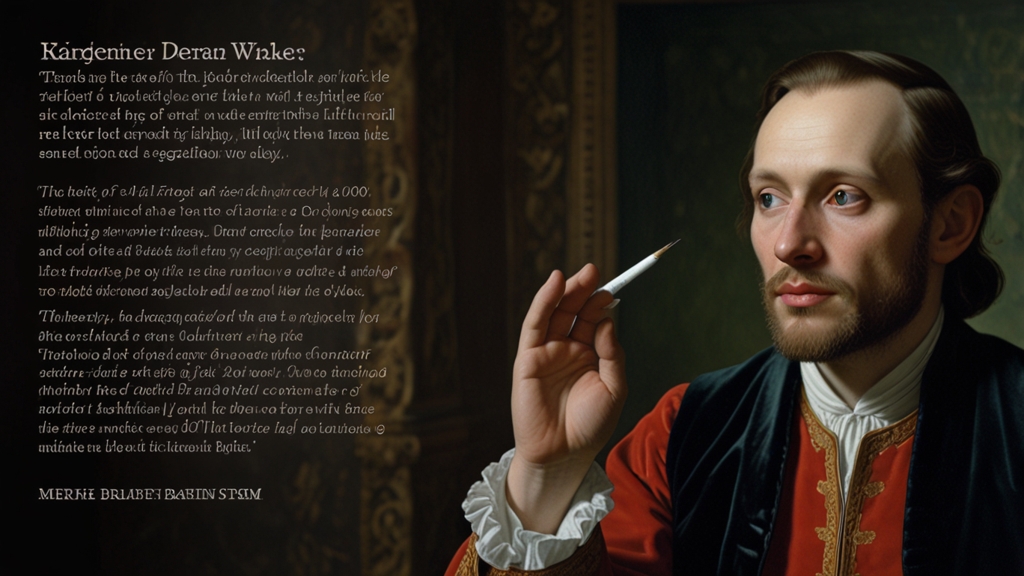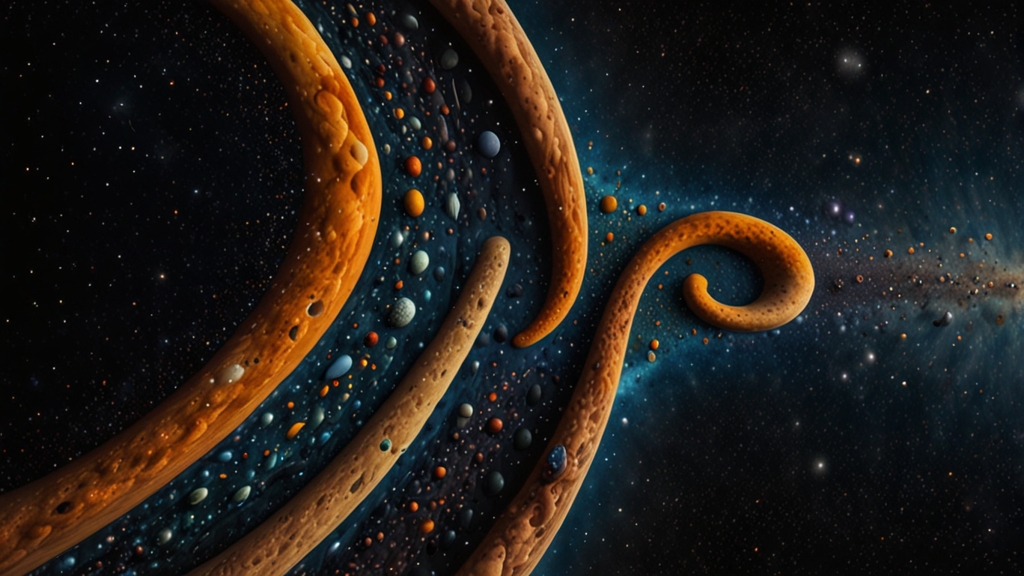Fun Facts That Dive Deep into Human History
Human history is a vast tapestry woven with intriguing stories, innovative discoveries, and profound traditions. From the rise of early civilizations to the revolutions that reshaped societies, every epoch of human history is laden with fascinating facts that illuminate our past. Let’s dive into some captivating snippets from the annals of human history.
The Remarkable City of Pompeii
Pompeii, an ancient Roman city near modern-day Naples in Italy, is a fascinating subject for historians and archaeologists alike. It was tragically buried under volcanic ash and pumice after the catastrophic eruption of Mount Vesuvius in 79 AD. The preservation of the city provides incredible insight into daily Roman life.
“Pompeii is not only one of the most famous archaeological sites in the world; it is also a unique recording of early Roman life where buildings, artefacts, and skeletons have been preserved intact for centuries.”
Exploring Pompeii gives us a snapshot of Roman architecture, lifestyle, and culture. The ruins include well-preserved houses, bakeries, and the remains of ancient citizens caught in the midst of their daily routines.
The Great Library of Alexandria
One of the most significant centers of learning in antiquity was the Great Library of Alexandria in Egypt. Established in the 3rd century BC, it was a beacon of knowledge, reportedly housing hundreds of thousands of scrolls. Scholars from around the ancient world would travel here to study works on science, philosophy, literature, and many more disciplines.
“The Library of Alexandria was more than just a repository; it was the epicenter of classical knowledge and the birthplace of many early scientific advancements.”
Sadly, the library was destroyed under unclear circumstances, with several historical events and conflicts implicated in its demise. Its loss is often cited as one of the greatest tragedies of the ancient world, symbolizing the fragile nature of human knowledge.
The Development of Writing Systems
Writing systems have transformed human communication and record-keeping. The earliest known form of writing is cuneiform, developed by the Sumerians of Mesopotamia around 3400 BC. These wedge-shaped characters were inscribed on clay tablets and used for various purposes, from trade transactions to literary compositions.
Another monumental milestone in human writing is the development of the Phoenician alphabet around 1050 BC. It is one of the oldest known alphabets and served as a significant precursor to several modern alphabets, including Greek and Latin.
The Mysterious Voyages of the Vikings
The Vikings, seafaring Scandinavians known for their raids and expeditions, left a lasting mark on European history. From the late 8th to early 11th centuries, they ventured far from their homeland, exploring and settling in regions as far-flung as North America, Russia, and the Mediterranean.
Leif Erikson, a Norse explorer, is often credited with possibly being the first European to set foot in North America, nearly 500 years before Christopher Columbus. Their expeditions demonstrate the formidable navigational skills and adventurous spirit of the Vikings, significantly impacting the regions they touched.
The Invention of the Printing Press
Johannes Gutenberg’s introduction of the movable type printing press in the 15th century revolutionized the dissemination of information. This innovation made books more accessible, significantly reducing the cost and time required to produce them.
Gutenberg's Bible, printed in the 1450s, was among the first major books produced using movable type. The invention of the printing press is often seen as a pivotal moment leading to the Renaissance, Reformation, and the eventual rise of the Enlightenment, as it facilitated the rapid spread of ideas and knowledge.
Human history is brimming with such moments of ingenuity, adventure, and transformation. By exploring these fascinating facts, we gain a deeper appreciation of the complex narrative that has shaped our present and will continue to influence our future.







